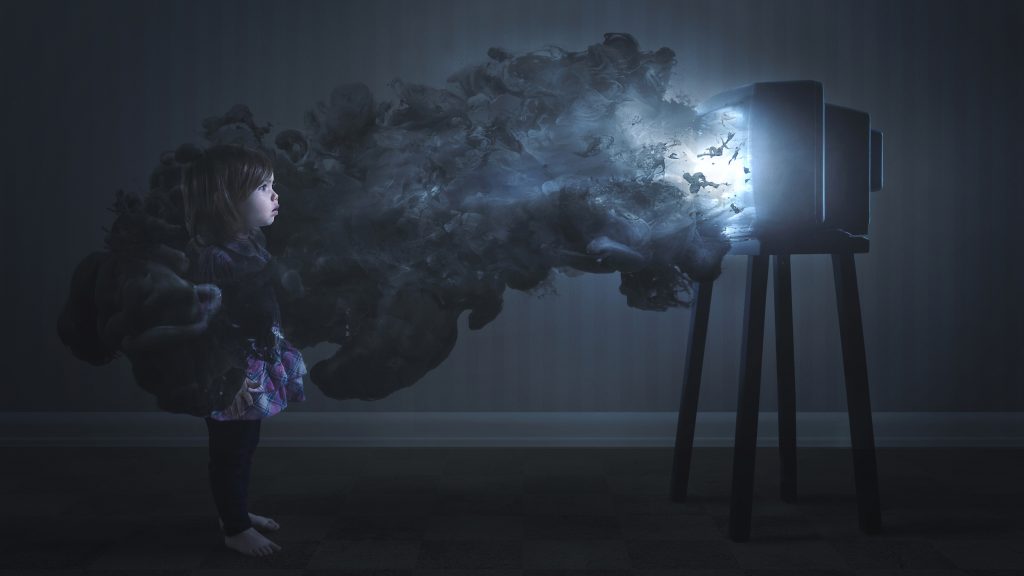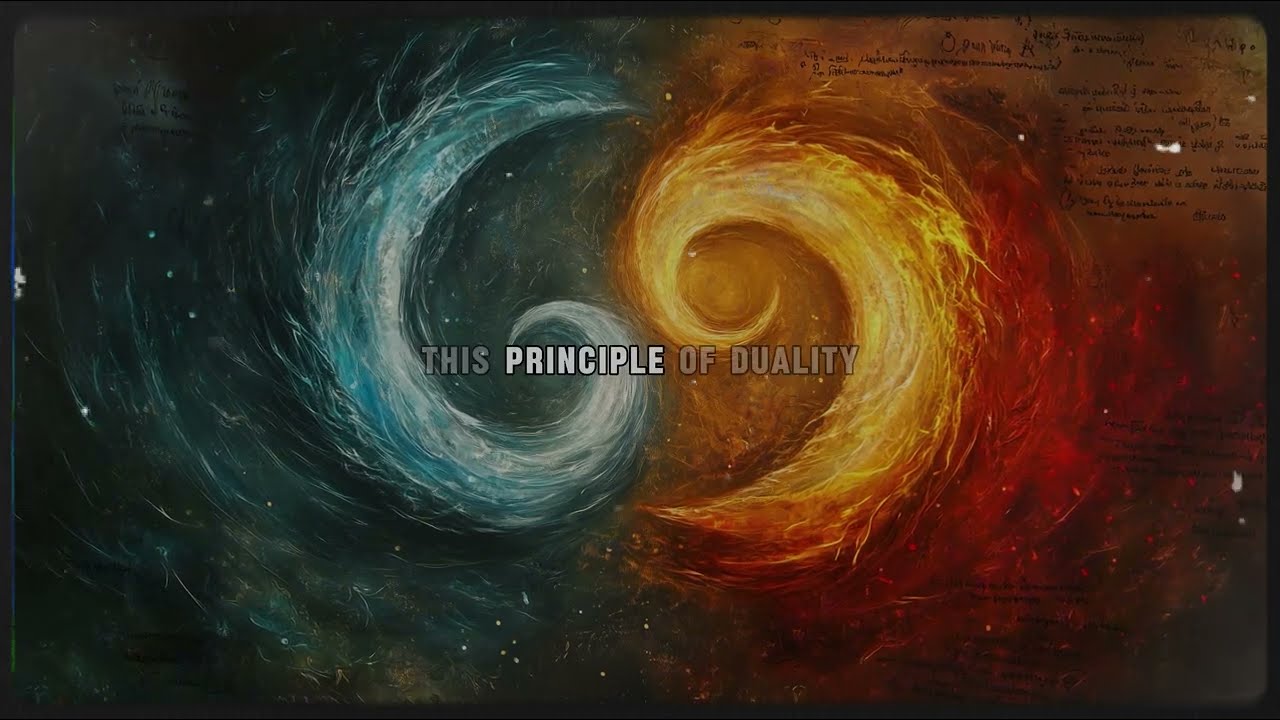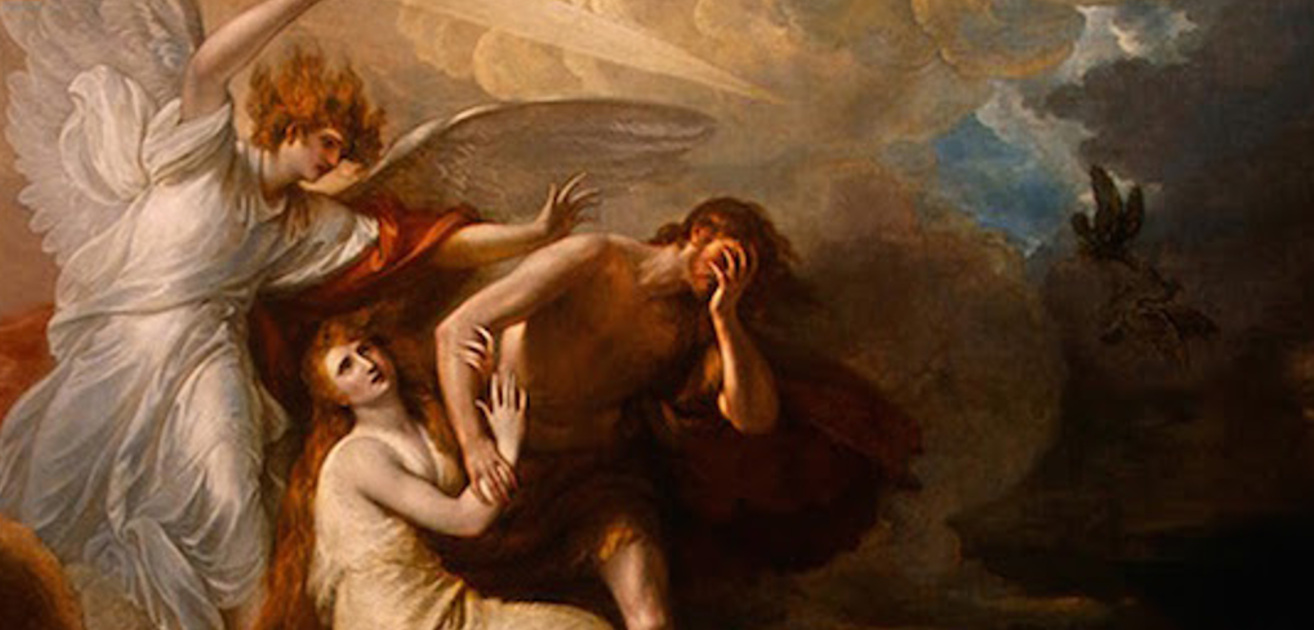The question of Why does God allow Evil to Exist has haunted humanity for centuries, challenging the core beliefs of millions across religions and philosophies. This enduring enigma probes the compatibility of a benevolent, all-powerful deity with the stark realities of suffering, injustice, and malevolence in the world. In this article, we explore various dimensions of this profound issue, drawing from theological, philosophical, and practical perspectives to shed light on one of the most debated topics in human history. By examining historical, cultural, and intellectual responses, we aim to provide a nuanced understanding that goes beyond simplistic answers, encouraging readers to reflect deeply on faith, morality, and the human condition.
The Nature of Evil and Its Challenges to Faith

Evil is a concept that defies easy categorization, often manifesting in ways that shatter our sense of security and provoke existential crises. It forces believers to confront the apparent contradiction between a loving God and the prevalence of suffering, making this a foundational issue in religious thought. This section delves into the essence of evil, its diverse forms, and how it tests the foundations of faith, drawing on historical and contemporary examples to illustrate its pervasive impact.
Defining Evil and Its Manifestations

Evil can be understood as any action, event, or state that causes harm, suffering, or moral degradation, often categorized into moral evil—stemming from human choices—and natural evil, such as disasters and diseases. Moral evil includes atrocities like genocide or personal betrayals, while natural evil encompasses events like earthquakes or pandemics that seem beyond human control. Both types challenge the notion of a just God, as they raise questions about why a compassionate deity would permit such occurrences.
In exploring moral evil, it’s essential to recognize its roots in human free will. Philosophers like Immanuel Kant argued that evil arises from the misuse of autonomy, where individuals choose self-interest over ethical imperatives. This perspective highlights how evil is not merely an external force but an intrinsic part of human nature, complicating the divine equation. Natural evil, on the other hand, often appears random and impersonal, leading to debates about whether it serves a greater purpose or is simply a byproduct of a flawed world.
The psychological toll of evil cannot be overstated. Victims of evil acts often experience profound trauma, which can erode faith and trust in a benevolent God. For instance, survivors of events like the Holocaust have grappled with what is known as “the problem of evil,” questioning how a loving God could allow such systematic horror. This duality of evil—as both a human construct and a natural phenomenon—forces a reevaluation of divine attributes, pushing believers toward deeper spiritual inquiry.
The Logical Problem of Evil

The logical problem of evil posits a direct inconsistency between the existence of God and the presence of evil, arguing that an all-powerful, all-knowing, and all-good being should eliminate evil entirely. This argument, famously articulated by philosophers like David Hume, suggests that if God is omnipotent, He could prevent evil; if omniscient, He would know how; and if benevolent, He would want to. The persistence of evil thus implies a contradiction in one or more of these attributes.
Delving deeper, this problem isn’t just theoretical; it has real-world implications for faith communities. For example, in the aftermath of natural disasters like the 2004 Indian Ocean tsunami, which claimed over 230,000 lives, many questioned why a merciful God would allow such devastation. These events challenge the logical coherence of theism, prompting defenses like the “free will defense,” which claims that evil is a necessary consequence of human freedom, allowing for genuine moral choices and the possibility of love.
Yet, this defense doesn’t fully address natural evil, which doesn’t stem from human agency. Critics argue that a truly omnipotent God could create a world where free will exists without the capacity for harm, or intervene in ways that minimize suffering. This ongoing debate underscores the emotional and intellectual strain evil places on belief systems, often leading to a crisis of faith where individuals must reconcile their experiences with doctrinal teachings.
Historical Instances of Evil and Divine Justice
History is replete with events that exemplify evil on a grand scale, from the Inquisition to modern genocides, each serving as a litmus test for divine justice. The Black Death in the 14
Historical Instances of Evil and Divine Justice

History is replete with events that exemplify evil on a grand scale, from the Inquisition to modern genocides, each serving as a litmus test for divine justice. The Black Death in the 14th century, which decimated entire communities, raises poignant questions about God’s role in human suffering. This section examines significant historical instances of evil, evaluating how various faith traditions have interpreted these calamities in light of divine justice.
The Black Death: A Test of Faith
The Black Death, which swept through Europe from 1347 to 1351, resulted in the deaths of an estimated 25 million people—about one-third of the continent’s population. As the plague ravaged towns and cities, survivors often turned to religion for answers. Some saw the pandemic as a punishment from God, a divine response to humanity’s sins. The Church’s inability to provide solace or solutions during this crisis led many to question their faith.
During this time, religious leaders grappled with the catastrophic consequences of the Black Death. While some preached repentance as a means to alleviate suffering, others contemplated whether God had abandoned humanity. In this tumultuous environment, sects like the Flagellants emerged, believing that self-inflicted pain could appease divine wrath. However, this misguided interpretation of suffering only perpetuated the cycle of fear and despair.
The theological implications of the Black Death continue to resonate today, reminding contemporary believers of the fragility of faith in the face of overwhelming evil. The challenge lies in reconciling the loss of innocent lives with the belief in a loving and just God. Many faith communities have since evolved, emphasizing compassion and healing over punitive interpretations of divine will. This shift represents an ongoing struggle within religious thought, as adherents seek to understand historical tragedies while maintaining hope in divine justice.
Genocides and the Silence of God
The Holocaust stands as one of the starkest reminders of human evil, where six million Jews, along with millions of others deemed undesirable by the Nazi regime, perished in an industrialized mechanism of death. This horrific event radically reshaped theological discourse about the nature of God and the existence of evil. Not only did it prompt existential crises among survivors and victims’ descendants, but it also led theologians to reevaluate the attributes of God in light of such brutality.
In the aftermath, Jewish theologians like Elie Wiesel articulated the profound disquietude felt by many. Wiesel famously stated, “Never shall I forget that night, the first night in camp, which has turned my life into one long night.” Such sentiments encapsulate the agony of reconciling faith with the pervasive presence of evil. For many, the Holocaust was a defining moment that spurred movements toward more nuanced understandings of God’s involvement—where some posited that God suffered alongside humanity, while others questioned His very existence.
The silence of God during immense suffering remains a poignant query in religious dialogue. How does one reconcile the absence of divine intervention when confronted with the enormity of evil? This question invites deep reflection on the nature of faith and the human experience, inviting believers to explore concepts of divine hiddenness alongside notions of hope and resilience. It challenges adherents to confront their beliefs and engage thoughtfully with themes of justice, mercy, and the complexity of a world marred by suffering.
Modern Conflicts and the Question of Divine Justice
As we move into the modern era, conflicts such as the Rwandan Genocide and the Syrian Civil War provoke critical reflections on the presence of evil in our world. Each conflict witnesses unspeakable violence and injustice, forcing communities of faith to reckon with their understanding of divine justice. The question arises: if God is omnipotent and benevolent, why do these atrocities occur?
In Rwanda, the genocide of 1994 claimed approximately 800,000 lives within 100 days. In the face of such horror, many Rwandan Christians wrestled with their beliefs. Pastors became divided in their responses, with some calling for peace and reconciliation, while others succumbed to hatred and violence. The schism within the church illustrated the struggle between faith and the reality of evil, highlighting how moral failings can manifest even in supposedly sacred spaces.
Similarly, the Syrian Civil War has led to untold suffering, displacing millions and creating a humanitarian crisis that demands both practical and spiritual responses. Religious leaders around the world have called for action, asserting that true faith must translate into compassion and advocacy for peace. The resurgence of interfaith dialogues amidst these conflicts signifies a growing acknowledgment that collective action against evil may be one of the most potent expressions of faith.
In both historical and contemporary contexts, the inquiry into divine justice forces believers to navigate the intricacies of faith, morality, and action. These discussions push congregations beyond merely theological debates, urging them towards tangible engagement in alleviating suffering caused by evil. Such actions underscore the bold assertion that the presence of evil may ultimately serve as a catalyst for greater compassion and solidarity.
Conclusion

The question of Why does God allow Evil to Exist transcends mere intellectual curiosity; it invites a deep exploration of faith, morality, and the human condition. Through examining the nature of evil, its manifestations, and the implications of historical events, we unearth layers of complexity that challenge simplistic narratives. As we navigate this intricate terrain, we find that the stories of suffering—be they through personal trauma or collective tragedy—are deeply intertwined with the search for meaning.
The examination of evil prompts us to reflect critically on our beliefs and actions, driving us to confront uncomfortable truths about human agency and divine justice. Whether through the lens of history or contemporary events, the struggle against evil compels believers to engage actively in the world, advocating for love, justice, and compassion, even amidst a landscape marked by chaos and despair. In doing so, we may uncover a deeper understanding of our faith, one that acknowledges the reality of suffering while still holding onto hope and the pursuit of goodness.

GIPHY App Key not set. Please check settings